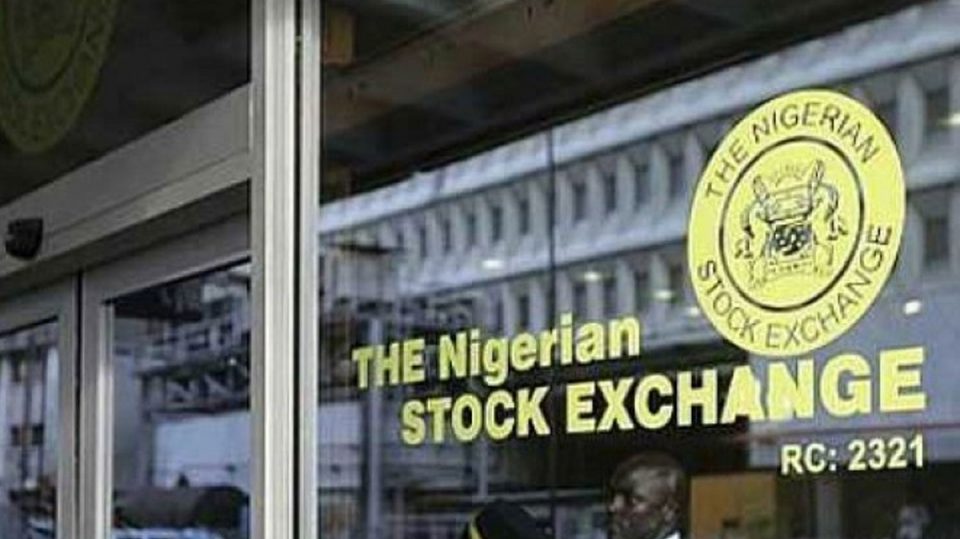The non-performing loans recorded by Nigerian banks in the capital market rose last year by 487.49 per cent, the biggest sectoral increase in bad loans, according to data from the National Bureau of Statistics.
The NBS data showed that N320m of the loans advanced to capital market operators by the banks were recorded as non-performing as of December 2020, compared to an NPL of N50m at the end of 2019.
The Securities and Exchange Commission, the apex regulator of the capital market, said last month that it was reviewing its 10-year capital market master plan in line with current realities.
It said the implementation of the master plan had yielded results that helped to deepen the market.
The Executive Commissioner, Operations, SEC, Mr Dayo Obisan, said quite a number of initiatives as contained in the master plan had reached various stages of completion while some had already been completed.
According to him, the initiatives include e-dividend, setting up of National Investors Protection Fund, recapitalisation of capital market operators, direct cash settlement, dematerialisation, and regularisation of multiple accounts.
SEC recently reintroduced periodic renewal of registration by capital market operators, saying ‘the rationale for this is to ensure that operators in the market are fit and proper at all times and to strengthen the supervision and monitoring activities of the commission’.
A global credit rating agency, Moody’s Investors Service, said in March that the outlook for Nigeria’s banking system remained negative, reflecting expectations of rising asset risk and weakening government support capacity over the next 12 to 18 months.
“Nigerian banks’ loan quality will weaken in 2021 as coronavirus support measures implemented by the government and central bank last year, including the loan repayment holiday, are unwound,” an analyst at Moody’s, Peter Mushangwe, said.
“The negative outlook also captures the weakening capacity of the government of Nigeria to support the country’s banks in case of need, as reflected by the negative outlook on the government’s credit rating; on the other hand, Nigerian banks hold robust capital buffers and foreign-currency shortages will ease,” he added.
According to the agency, the government’s capacity to support banks may weaken, as it has an extremely low revenue base, which has remained below 10 per cent of GDP since 2015.
“However, the government’s willingness to provide support to large banks in the event of a crisis and to sustain financial stability will remain high,” Moody’s said.



